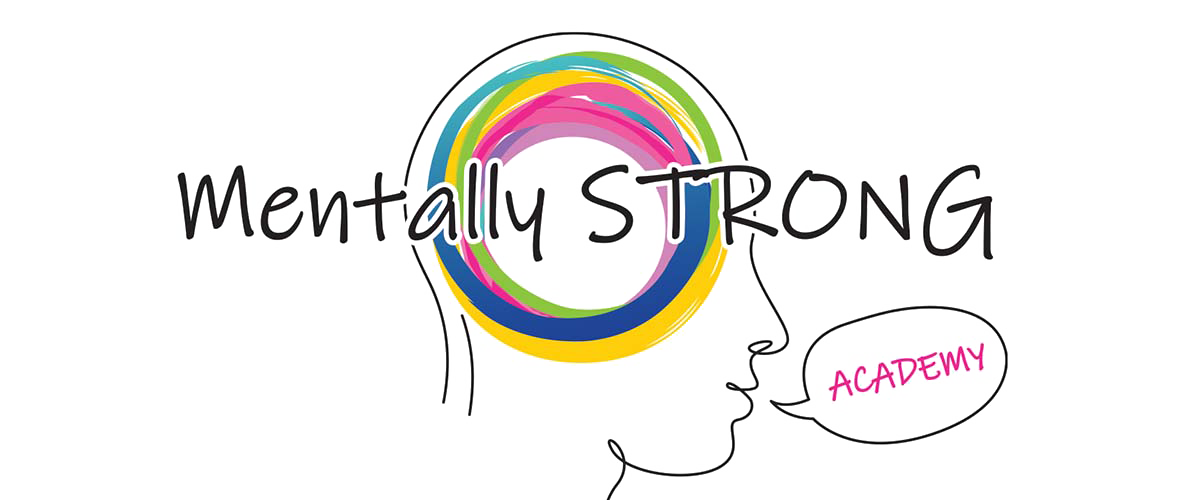Lessons on Loss
Lessons on Loss
August 8, 2023
by Dr. Cristi Bundukamara
Grief can be lonely; it can be overwhelming. And for so many veterans and families, it can lead to survivor’s guilt, post-traumatic stress disorder, and getting stuck in a cycle where grief never ends.
It doesn’t have to be that way.
As a licensed psychiatric nurse practitioner, I counseled hundreds of people through the grieving process. I also experienced — and am still experiencing — grief myself. Three of my children, Johnny, Reggie and Miah, all died over the course of 16 years.
That’s where the 45 Days of Grief project was born. I needed to set aside the time and space to work through the grief of losing my children. It’s not easy, but I believe sharing my own grief and vulnerability can help others. (45 Days of Grief is a YouTube series on the Mentally STRONG Academy by Dr. B channel. Find it at youtube.com/@DrBMentallyStrong.)
I developed the Mentally STRONG method (mentallystrong.com) first to help myself, and then I knew I needed to share it with others. It’s designed to improve resiliency and empower individuals to take control over their own mental health. So often, people must come face to face with hardship before they are tested — and they find their resiliency isn’t quite developed enough to overcome the pain of difficult circumstances.
That’s where counseling and therapy can help — and medication can assist with getting through the rough spots. The combination of counseling and medicine can be vital to help struggling people. As a mental health professional, I know how to help people deal with their emotions and remember their loved ones with joy instead of grief.
But the 45 Days of Grief project was personal. I wanted to devote time every day, for 45 days, to my grief. Giving in to the tears, if they came; the anger, if that came. I met with counselors; I swam with dolphins. I had my brain scanned to understand that trauma changes brain function. And I filmed it all.
The process left me amazingly vulnerable to having people see me at the lowest points, to see me raw and in pain. I did it because I know other people are struggling with grief and overcoming the loss of loved ones. I did it to help remove the stigma of grieving and getting help when needed. As a veteran, I’ve seen Soldiers, Sailors, Airmen and Marines struggle after losing comrades in arms to battle, to life’s challenges, to accidents. I wanted people to know they weren’t alone. Despite years of education, training and experience, the loss of my children led to a journey to understand and heal.
The trauma from their deaths — I was the one who found Miah — led to post-traumatic stress disorder. Soon after, still deep in grief, I was on a ship with other Naval personnel. On that ship, I learned there was someone arrested for harming their child. I just couldn’t deal with what was happening around me. The PTSD led to flashbacks of unexpectedly discovering my child in her bed, lifeless.
Even though I have spent years treating PTSD in other people, I knew I needed to seek outside help. I knew I was changed from the trauma and loss. And I’m proof it is possible to get out of bed in the morning, to continue to help others, and to continue living. It’s possible to heal from PTSD, grief and trauma.
It’s a difficult path for all of us. But we can all get to the point of remembering without pain, healing the guilt, surviving, and thriving. It takes time. It takes dedication. And it requires being good to yourself and getting help when needed.
What I’ve learned, through education, professional training and personal experience: Grieving is an individual process. Everyone handles loss differently and no set of rules will get people where they need to be. Help is available to navigate the worst part of grief: counseling can help, a strong support network can help.
I have learned that even prolonged grief is OK, even though the Diagnostic and Statistical Manual of Mental Disorders says that grief that lasts more than 18 months is a diagnosable mental health issue that requires treatment. If you need that level of help, get it.
When my children died, it was a gut punch. It seemed unfair that the world kept spinning and people kept living their lives when there were such big holes in my universe. I deliberately confronted the grief and now have a better understanding of life and how to help others through their grief.
If you need help processing your own grief, don’t wait to seek help. You can see a counselor or a therapist, talk to a pastor or a priest. Reach out to people who know the experience through group therapy for grief. You don’t have to go through it alone.
Dr. Cristi Bundukamara is a licensed psychological nurse practitioner with more than 20 years of experience as a therapist and medical provider. She developed the Mentally STRONG method to guide people through grief and trauma.
